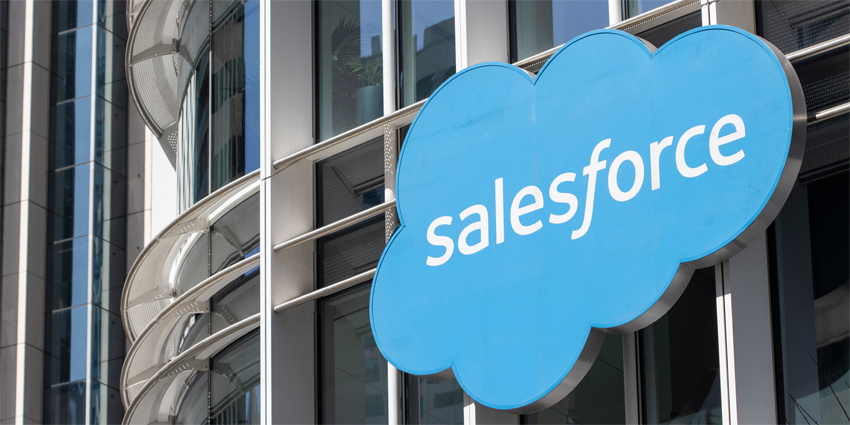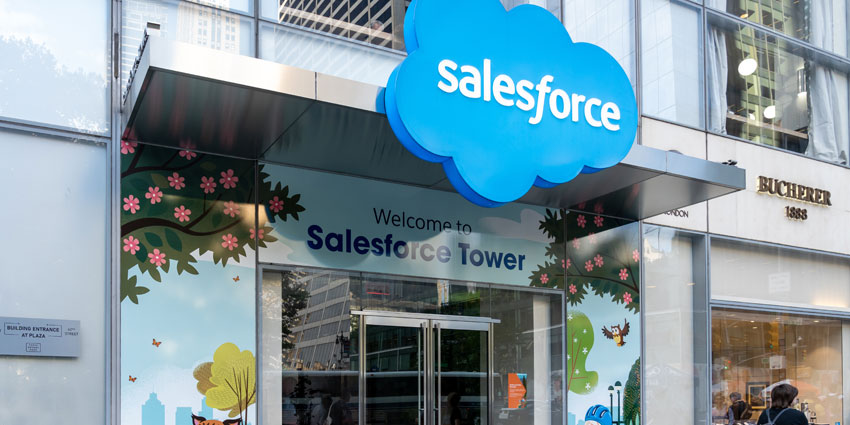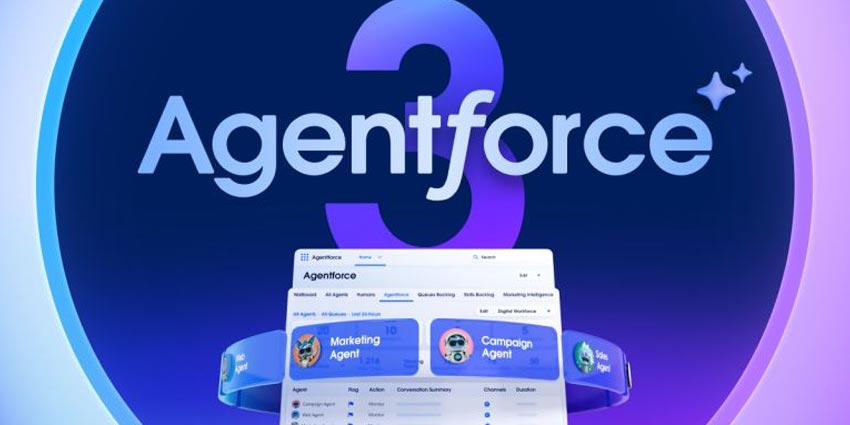From a significant drop in collaboration sales at Cisco to Meta exiting the CRM market, here are some extracts from our most popular news stories over the last seven days.
Cisco’s Collaboration Sales Drop 13 Percent: Is a Strategy Change Afoot?
Cisco has reported revenue declines of 13 percent for its collaboration business, which houses Webex.
It is the third consecutive quarter that the business unit has endured a revenue drop, and it only seems to be getting worse.
Indeed, last quarter the drop was ten percent. The quarter before, it was one percent.
Sharing the latest results during an earnings call, Scott Herren, Chief Financial Officer at Cisco, said:
Collaboration was down 13%, driven by declines in collaboration devices and meetings, offset slightly by growth in calling and contact center.
Nonetheless, these figures consider its cloud and legacy business. As such, it is not Webex that is losing ground.
Instead, the problem is that it is not growing as fast as Cisco’s legacy business is shrinking. (Read on…).
Meta Sells Kustomer on a $250MN Valuation, Despite Acquiring the CRM Vendor for $1BN Last Year
Meta has spun out Kustomer on a $250MN valuation, which represents just a quarter of the $1BN it paid for the CRM vendor in February 2022.
New investors include Battery Ventures, Boldstart Ventures, and Redpoint Ventures.
Kustomer announced the move in a blog post, describing the deal as its “next chapter as an independent company.”
In the piece, Brad Birnbaum, CEO of Kustomer, stated:
Our journey with Meta has been amazing, and we are proud of the work we accomplished together to transform how businesses support their customers.
Birnbaum went on to pinpoint how Meta supported Kustomer in expanding its international offerings, strengthening its AI, and deepening its connections with various social channels.
Yet, in funding these activities, reports suggest Meta burned through $200MN – which did little to stop Kustomer’s valuation from dwindling.
Of course, plummeting market valuations is a CX tech provider trend that goes far beyond Kustomer and Meta now that the pandemic-fuelled investor optimism has come to a jarring halt.
Nevertheless, Meta has decided to cut its considerable losses, bringing its fleeting experiment to create an enterprise-ready customer service platform to a quick-fire conclusion. (Read on…).
Lifesize Files for Bankruptcy, Enghouse Systems to Acquire Its Assets
Lifesize has filed for a voluntary Chapter 11 bankruptcy with the U.S. Bankruptcy Court for the Southern District of Texas.
Once it comes out the other side, Lifesize plans to pass its brand and assets onto Enghouse Systems.
Indeed, the vendor has entered into an Asset Purchase Agreement with Enghouse, which will see Lifesize, Kaptivo, ProScheduler, Serenova, and Telstrat change hands.
However, current customers should not expect any short-term disruption as Lifesize is also finalizing a deal to free up an extra $5MN in financing from its existing lender.
Also, the vendor has filed “First Day” motions with its bankruptcy.
Together, Lifesize suggests this additional financing and these papers will allow the vendor to maintain its operations and pay employees as usual.
Moreover, Marc Bilbao, Co-Chief Restructuring Officer of Lifesize, stated:
During the Chapter 11 process, Lifesize will remain focused on serving its global customer base of omnichannel contact centers and 4K video conferencing solutions.
While the news may come as a surprise, Lifesize is still primarily known for in-office video conferencing solutions, a market that tanked after the pandemic.
Recognizing this, Lifesize snapped up CCaaS provider Serenova in March 2020, attempting to evolve its core focus.
Nonetheless, the damage done to its business model proved beyond repair, and Lifesize has now fallen under the strain of its unstable financial structure. (Read on…).
Twilio Records $1.38BN In Annual Net Losses: Now What?
Twilio recorded net losses of $186 million last quarter, taking its trailing-12-month net loss to an eye-watering $1.38BN.
Equally worryingly, its revenue growth has dried up, increasing by 15 percent year-over-year. This time last year, the figure sat at 48 percent.
Noting these results, one analyst claimed in a piece for The Motley Fool: “Twilio’s business model simply isn’t efficient”
In doing so, they suggested that the business spent $2.1BN on the cost of goods and $2.8BN on various other expenses across the previous twelve months.
During that very same period, Twilio’s revenues fell short of the $4BN mark.
Twilio has taken action to address this disparity in recent months, cutting its workforce by 17 percent and readdressing its compensation structure.
Now, it is pledging to do more and bring the focus back to profitability. As Khozema Shipchandler, COO at Twilio, stated during a recent earnings call:
We’re trying to optimize for profit on the communications side while continuing to optimize for growth on the data application side.
Nevertheless, some will question whether these moves are enough, as increased investment in data applications may prevent the vendor from closing its profitability gap.







